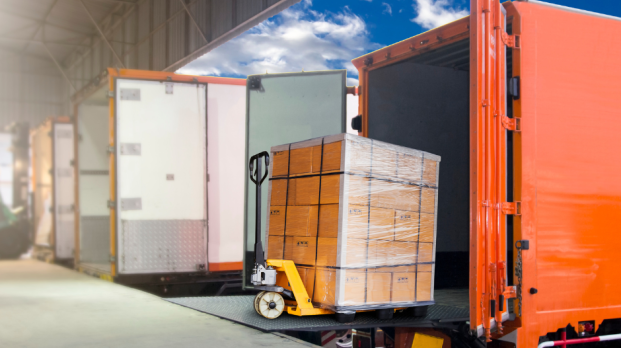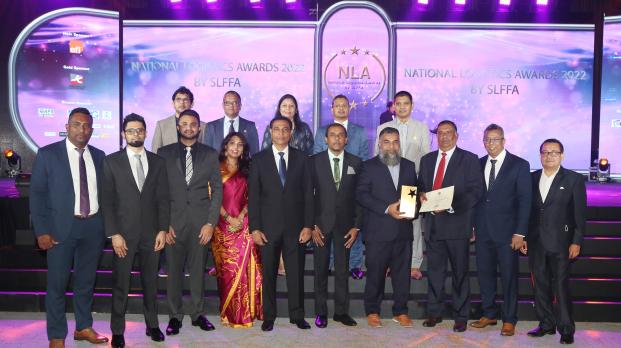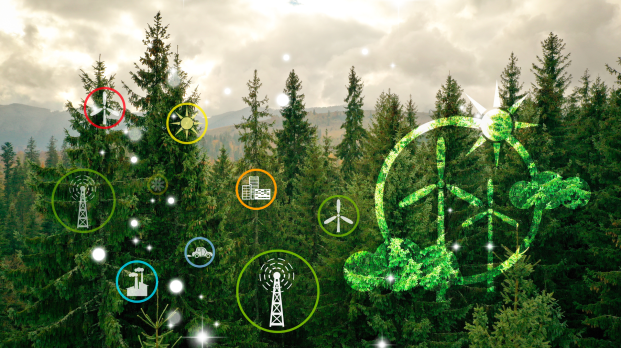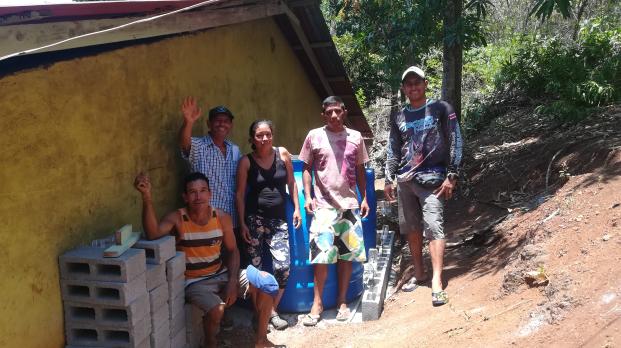
As we get closer to the end of the year, many organizations are reflecting on 2022 and how sustainability initiatives grew from a corporate level. Both internally (businesses and their personal objectives) and externally (our global citizens as a whole), we saw changes, movements, and calls-to-action for a greener, more sustainable tomorrow.
EFL Global, a logistics and supply chain solutions provider, continued to support a greener future in 2022 by initiating new projects – under the “Global Goodness” brand – that aligned with the United Nations’ Sustainable Development Goals, implementing sustainable practices for their operations and employees, and continuing to uphold pledges to organizations such as the UN Global Compact and Science-Based Targets initiative.
The Sustainability and Global Goodness team at EFL Global expects even more progress for global sustainability efforts in 2023 from individuals, corporations, and governments. Here are the trends to look out for from a corporate level in the new year.
TECHNOLOGY BOOST: Utilizing new technology to support sustainability efforts.
Technology and digitalization have offered faster, more efficient solutions to many operational issues in business. Sustainability is no different – we expect corporations to use technology to their advantage to streamline projects, track critical data, and overall support green initiatives in 2023.
According to analysis from BCG, there are four ways technology can speed up the journey to a company reaching Net Zero: internal process and operational optimization, carbon data transparency, circular products and services that incentivize sustainable consume behavior, and the use of data ecosystems and ventures for businesses to cross-collaborate on green efforts. We may very well see all four uses of technology in 2023, as these initiatives are easy to implement with the right tools and digitalization strategies.
Additionally, from an employee level, businesses are able to encourage responsible resource consumption by utilizing technology to track usage, waste, and other relevant metrics. For example, EFL Global has implemented these data tracking tools to achieve reduced paper consumption in their offices across the world.
REDEFINING RETAIL: Implementing green practices throughout the supply chain as a standard, not a consideration.
As consumers – who have adopted a more sustainable mindset in recent years – pay more attention to the way retailers operate, the implementation of green practices throughout the supply chain has become a requirement, not just a consideration. In 2023, we’ll see more and more retailers swapping out wasteful or one-time use practices for more sustainable operations to not only appease consumers, but also to lessen their carbon footprint as a whole.
Many retailers have begun to implement operational changes such as sourcing recyclable or responsibly produced materials for production, utilizing recyclable materials for packaging, and working with providers to create carbon neutral shipments. EFL Global offers customers a variety of opportunities to make shipments carbon neutral, lessening the negative impact of their shipments on the environment and reducing their carbon footprint. The organization also maps out and identifies emissions generated throughout customer supply chains and offers strategies to increase efficiency and reduce waste.
PERSONAL RESPONSIBILITY: Offering more opportunities for employees to implement green practices.
As noted, individuals are becoming more aware of the importance of sustainability, and this includes the workplace. There are many ways to get employees involved in sustainable initiatives, and in 2023, we’ll see more employees willing to do so. In our blog, “How to Create Zero Waste Work Environments” we touched on multiple ways businesses can get their employees involved in green practices, including recycling, digitally tracking waste, replacing one-time use materials with reusable items, and cutting the commute.
We also expect to see more employees pursue passion projects, both individually and with the support of their employers, that benefit our global communities and environment. At EFL Global, the Sustainability and Global Goodness team has lined up multiple projects for 2023 to address critical global touchpoints such as climate change, poverty, ocean conservation, and afforestation.
These passion projects allow employees to learn more about making conscious decisions each day in sustainable ways, and to address social and global issues while making a difference.
2023 at EFL Global
As logistics providers, it’s critical to understand the impact of the transportation and supply chain industry on the planet and actively work to lessen these effects. At EFL Global, this includes maintaining environmental standards from a corporate level while also offering opportunities for employees to get involved in green efforts.
“We’re very proud of all the projects we have been taking on under Global Goodness, as their impacts will be beneficial to the local communities, people, and the environment in the years to come,” says Sanjana Ravi, Global Lead – Sustainability of EFL Global. “However, this doesn’t mean that we’ll stop here. In a world that is very profit-driven, sustainability is a truly needed focus area and is developing day by day. Our aim is to ensure that we continuously engage with our key stakeholders, develop stronger partnerships across our supply chain, and work together to accelerate green initiatives that benefit the environment and our people.”
The new year will bring new challenges, but by working together as a global community, individuals and corporations alike can work together toward the common goal of a green future.





